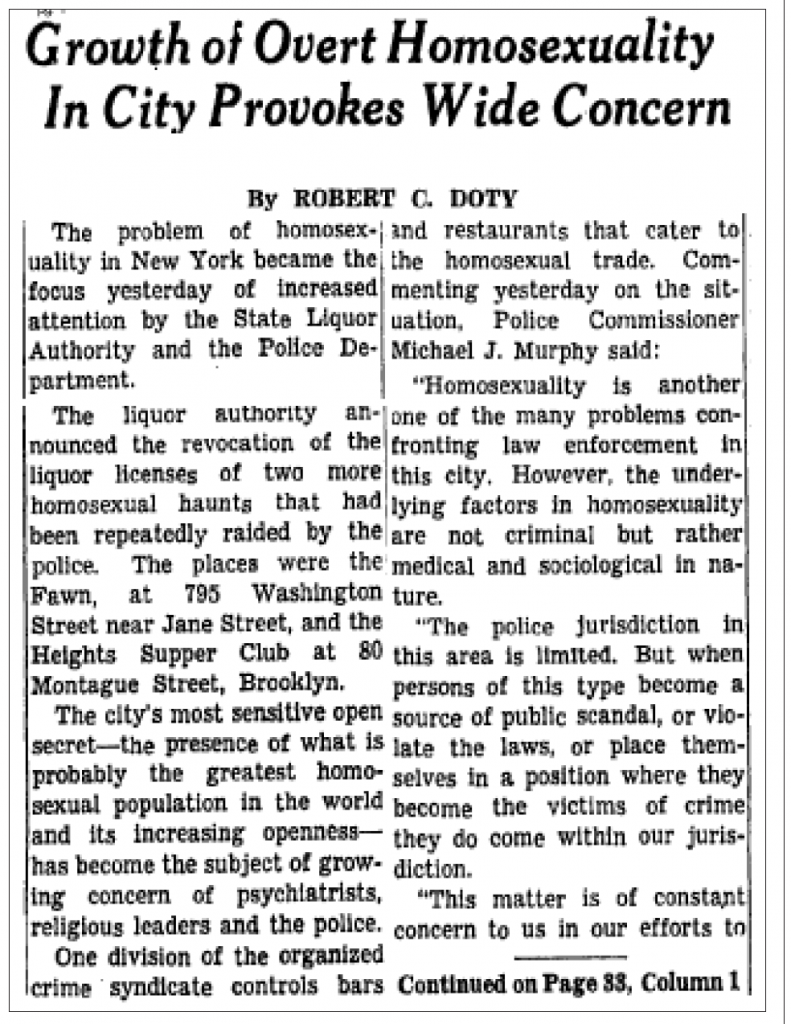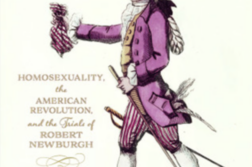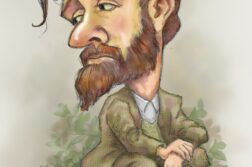WRITES EDMUND WHITE in his new memoir City Boy: My Life in New York in the 1960’s and ’70’s, “[Susan] Sontag once said to me … that in all human history in only one brief period were people free to have sex when and how they wanted—between 1960, with the introduction of the first birth control pills, and 1981, the advent of AIDS.” White’s move from Ohio to Manhattan in 1962 put him at the beginning of this unique period in the cultural history of the last century, allowing him to record his own experiences against a backdrop of a city just awakening to the possibilities of sexual freedom.

Near the midpoint of these two decades was the Stonewall rebellion in 1969, a watershed event in modern gay history with major, if often overlooked, significance for heterosexual liberation. City Boy contrasts the sexual Zeitgeist of New York before and after Stonewall, especially among White’s circle of friends (and tricks) as they expressed their nascent sexual identity in an increasingly adventuresome milieu, erotically speaking. After the summer of 1969, the hetero- and homosexual revolutions quickly progressed in tandem, but rarely overlapped.
In chronicling his growth as a writer within the rarefied world of gay literary lions and their revolving panoply of boyfriends, White provides all the dish one could hope for. But in addition to his reminiscences on famous friends and lovers, he also offers a before-and-after picture of his own shame and self-awareness, coupled with his concurrent progression from frustrated novelist to pioneer of gay fiction—a change lubricated with sex, art, drugs, and poetry—following the first eruption of gay liberation.
When White made the pilgrimage to New York in the early 60’s, as so many young gay artists had done before him, the powers-that-be were beginning to notice the rumblings of social upheaval.






